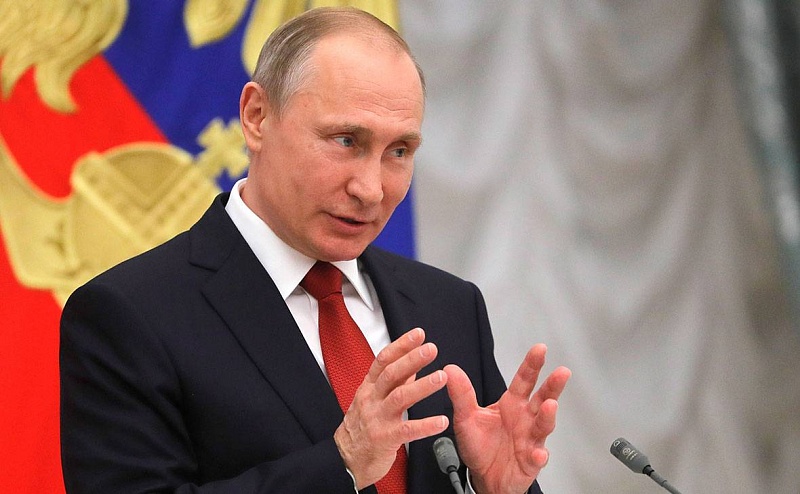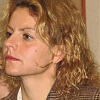Who is Mr. Putin?
In
Log in if you are already registered
To slice through the ice sharp argumentation of the information campaign against Mr. Putin, is to reach for a ray of light. The truth, veritas, in its uncompromising way is the most important asset today.
The role of President Putin and the elected government of the Russian democratic state is paramount for the world.

Source: news.webalta.ru
President Putin arises as a mediator between how the “international community” wants Russia to be and to behave, and the will of the Russian society. While Russia is a democratic state, in the most recent Presidential elections a quarter of the citizens freely (as terstament to the openess of the Russian society) voted to elect candidates of communist and socialist strategy. Whereas in public opinion polls increasingly and progressively the percentage of Russians nostalgic for the USSR, always more than half, is increasingly beyond the level of 66% according to the public polling station S Center Levadi.
In President Putin’s third interview with Megan Kelly, the reasoning about the activities of certain lobbying and information manipulating groups clearly indicates that more than ever before self organized units are beginning to act to represent interests of civil society. In the Donbass and Sevasople such similar self organized, self initiated and self motivated “self defense units” were established to represent the interests, beliefs and identities of people in an international system and domestic environment that is anarchically spreading change through violence, despite the contrasting global reality of an absence of a civil contract that is reflecting the will of the people.
The global civil society is a conglomeration of interests and identities and its power that circulates and includes aspects of the traditional and actual identities of individuals.
The opening of the Soviet Union, a conscious and positive decision, taken by the Soviet leadership was challenging for the majority of the Soviet population, whom voted in a referendum to maintain the Soviet Union.
The road of Gorbachev that was intended towards a parliamentary social democratic state was advanced by the more revolutionary and accelerated path of Yeltsin’s presidential system.. The integration with Europe was thus placed on a secondary plan to realizing the vision, championed with the United States and the United Nations, of global governance and a peaceful democratic global order.
This top down revolutionary change brought a lot of hardship on most of the population and ultimately great disappointment to the Russian leadership. Instead of the anticipated cooperation the United States missed the opportunity of the good will shown by Russia, to gain in territory and institutions that would increasingly isolate Russia and push it towards a different pole that the common interest pole Russia had been striving for.
It is conceivable that not only a lot of Russians, but many people deceived by the promised post Soviet realities, would take action to preserve and to build the type of democratic and pluralistic societies they would like to live in. In this respect, and this becomes clear from living in Russia, the polite and accepting tone of the Russian government, perpetually inventing cleverly solutions to improve living standards and to accommodate the interests of the citizens, despite and faced with increasing international pressure.
This delicate balance becomes progressively more profound as society orientates in the post Soviet world to make its claim. The Putin government and the highly diplomatic and violence evasive policies is the greatest ally of the international order.
It is perhaps one of the most profound functions of society today. The Russian government has permitted itself only the reaction to create new and alternative international institutions, where and when its Western partners have created insurmountable moral road blocks.
In simple terms this is a rendition of what happened in the simplest and most apolitical variant of the truth.
The principle of Russian foreign policy is the preservation of human life. The tactic is the absolute and creative evasion of violence. Russia has three main routes to go to order Eurasia together with its local partners according to the Post Soviet Rules, to cooperate with the BRICS great powers to weave a peaceful world order, or to find a way to shine some of the Russian civilization light on its Western European partners and its American ones.
The global role of President Putin is to articulate and implement this message of truth and to mediate between the sophisticated balance of interests and identities, in favor or peace for all.
MSc in Political Science, Columbia University
Blog: Anna Maria Rada Leenders' Blog
Rating: 1




